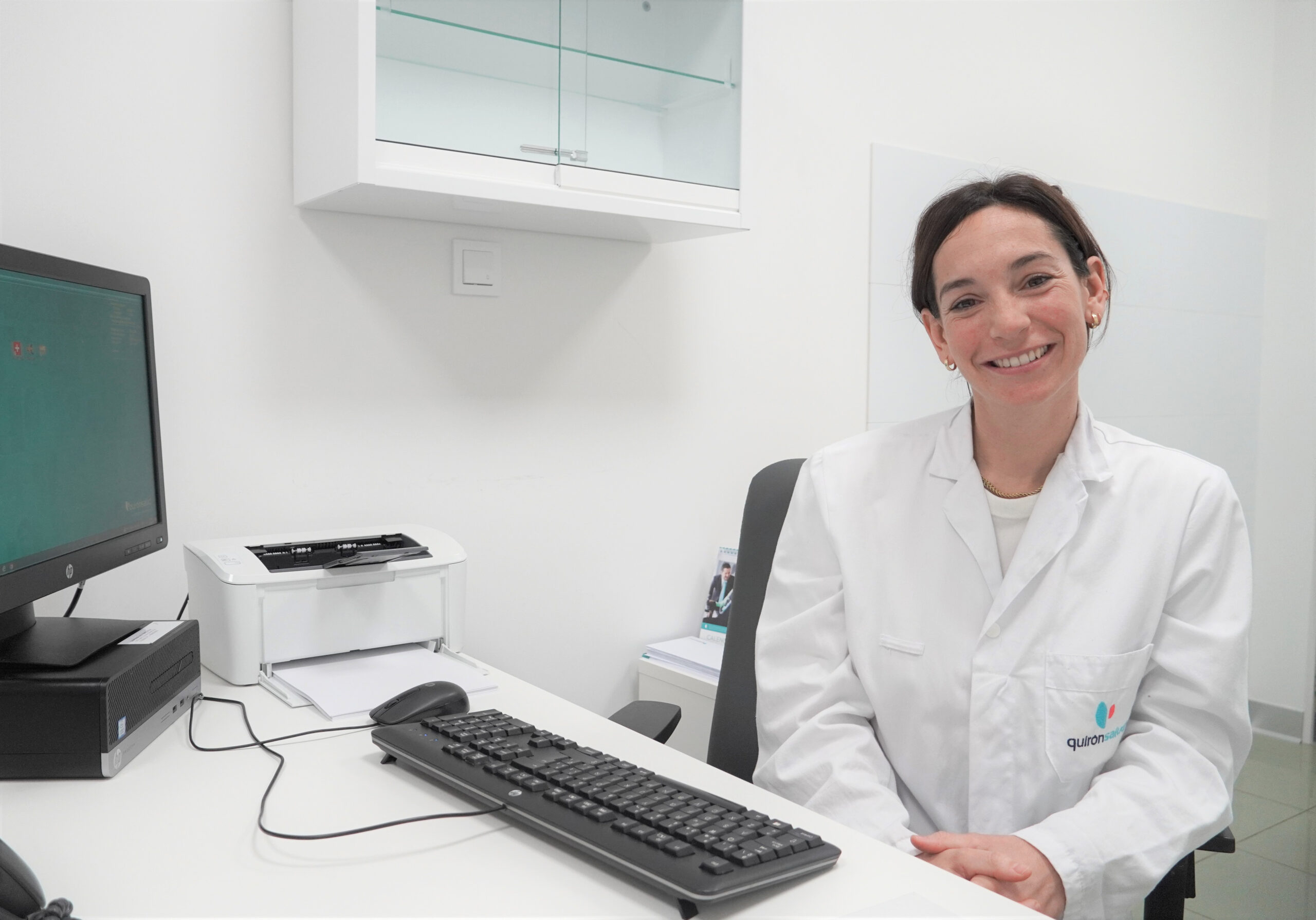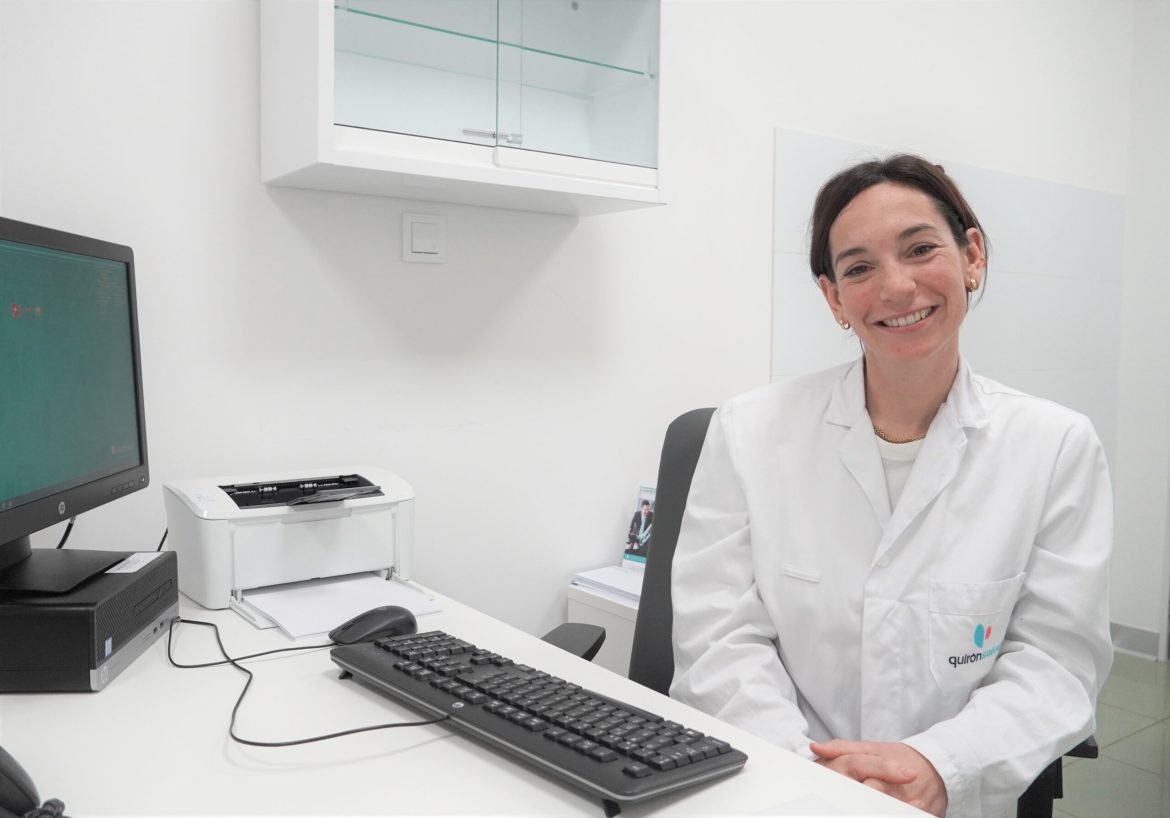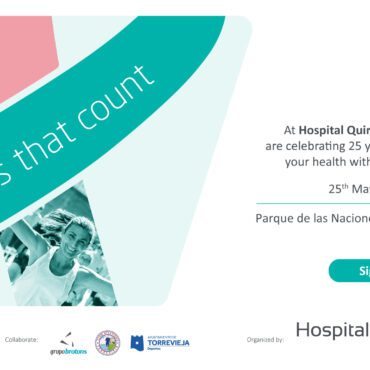-
 play_arrow
play_arrow
BayRadio Listen Live Broadcasting in Spain
Retroperitoneal Sarcoma: A silent cancer that has treatment at Quirónsalud Torrevieja


Dr. Paula Muñoz Muñoz, assistant of the General Surgery, digestive and Oncological Surgery Service of the Hospital Quirónsalud Torrevieja, explains what this disease consists of, what symptoms it presents and the solutions that exist.
What is retroperitoneal sarcoma?
Two groups are divided: bone sarcomas and soft tissue sarcomas.
The former originates in the bones; the second, in tissues such as muscles, ligaments, tendons, fatty tissue and blood vessels.
Peritoneal sarcomas are considered soft tissue sarcomas
Specifically, they are a heterogeneous group of tumours whose common characteristics are that they develop from mesenchymal cells (those that derive the supporting tissues of the body, such as fat, muscle or cartilage) and that are located in the retroperitoneum (virtual space delimited in front by the abdominal organs and behind by the spine, and which houses vital structures such as the aorta and kidneys).
Do you have symptoms?

The symptoms of retroperitoneal sarcomas are very nonspecific, since their location develops indolently, until they are usually diagnosed as giant abdominal masses.
The main symptom is the increase in abdominal circumference, although they can also produce specific symptoms such as abdominal or lumbar pain, oedema of the legs, venous thrombosis or even fever and weight loss unexplained by other causes.
What tests are performed to diagnose this tumour?
The test of choice for the diagnosis of retroperitoneal sarcoma is computed tomography (CT) with intravenous contrast.
The CT will be thoraco-abdominal, with the aim of evaluating in the same study that there are no metastases in lung and liver, the most frequent locations. This study can sometimes be supplemented with an MRI.
In retroperitoneal sarcoma, and as a rule in all sarcomas of any location, it is essential to perform a biopsy.
The information obtained in the biopsy will allow us to plan the most appropriate type of surgical intervention
Prognosis of peritoneal sarcoma
Retroperitoneal sarcoma is an aggressive and complex disease because it grows around vital structures and is diagnosed in advanced stages.
The prognosis will also be influenced by the type of sarcoma.
One of the factors that most influence the survival of these patients is that the first surgery is performed properly.
What is the key to treatment in sarcoma?
Surgery is the only curative treatment in retroperitoneal sarcoma, and it is essential to achieve a favourable evolution, that the surgery is adequate and manages to remove the entire tumour with a margin of healthy tissue. That is why it is recommended that these patients be treated in centres with great specialisation in cancer surgery.
The goal of surgery is to remove the entire tumour, without rupturing it, and with a margin of safety.
It is an aggressive surgery that can affect the quality of life of patients. For this reason, the surgeon who performs this intervention must know to have a wide knowledge in oncological surgery and make a preoperative plan personalized to the type of tumour and the type of patient.
What role does intraoperative radiation therapy play in the treatment of sarcoma?
Intraoperative radiation therapy is an intensive radiation therapy treatment given during surgery that allows radiation to be directed to a specific area of the body. It is performed with the patient anesthetized, once the tumour is removed.
The main advantage of this treatment is that it allows a high dose of radiation to be administered to the bed in which the tumour was located, avoiding unnecessary radiation from the uninvolved organs.
In Spain, less than 10 hospitals have this technology. Our hospital was the first to have a device in the operating room, and one of the first Spanish hospitals that began treatment with IORT, and we currently have more than 20 years of experience in this type of radiotherapy.
This procedure allows to eliminate possible microscopic tumour residues in order to avoid the relapse of the tumour.
Referents in oncological surgery
The Hospital Quirónsalud Torrevieja, and its Surgery service is a benchmark in our region in the treatment of cancer. The General Surgery Service is integrated into a Multidisciplinary Oncology Unit, which guarantees an optimal and personalized approach to cancer patients.
Written by: BayRadio News
Similar posts
Recent Posts
- British buyers still top foreign home purchases in Spain: despite Brexit, UK leads the way in 2024
- Torrevieja unveils the charity race “5K Steps That Matter by Quirónsalud” in aid of AFECÁNCER
- Discover how breast reduction can transform your life: from pain to confidence
- Reclaim your shape, reclaim your confidence: The transformational power of a tummy tuck
- Magnetic Endoscopic Capsule: A Revolution in Digestive Diagnosis

Ctra. Cabo La Nao, CC La Nao, Local 6 03730 Javea, Alicante, Spain
Advertise with us
Do you have a business in Spain? Do you provide a service to the expat community in Spain? Would you like your message to reach over 500.000 people on a weekly basis?
BayRadio is a community orientated radio station offering fantastic content to our many listeners and followers across our various platforms. Contact us now and find out what Bay can do for you!
Our business is helping your business grow.
BAY RADIO S.L. © 2024. ALL RIGHTS RESERVED. WEB DESIGN BY MEDIANIC







